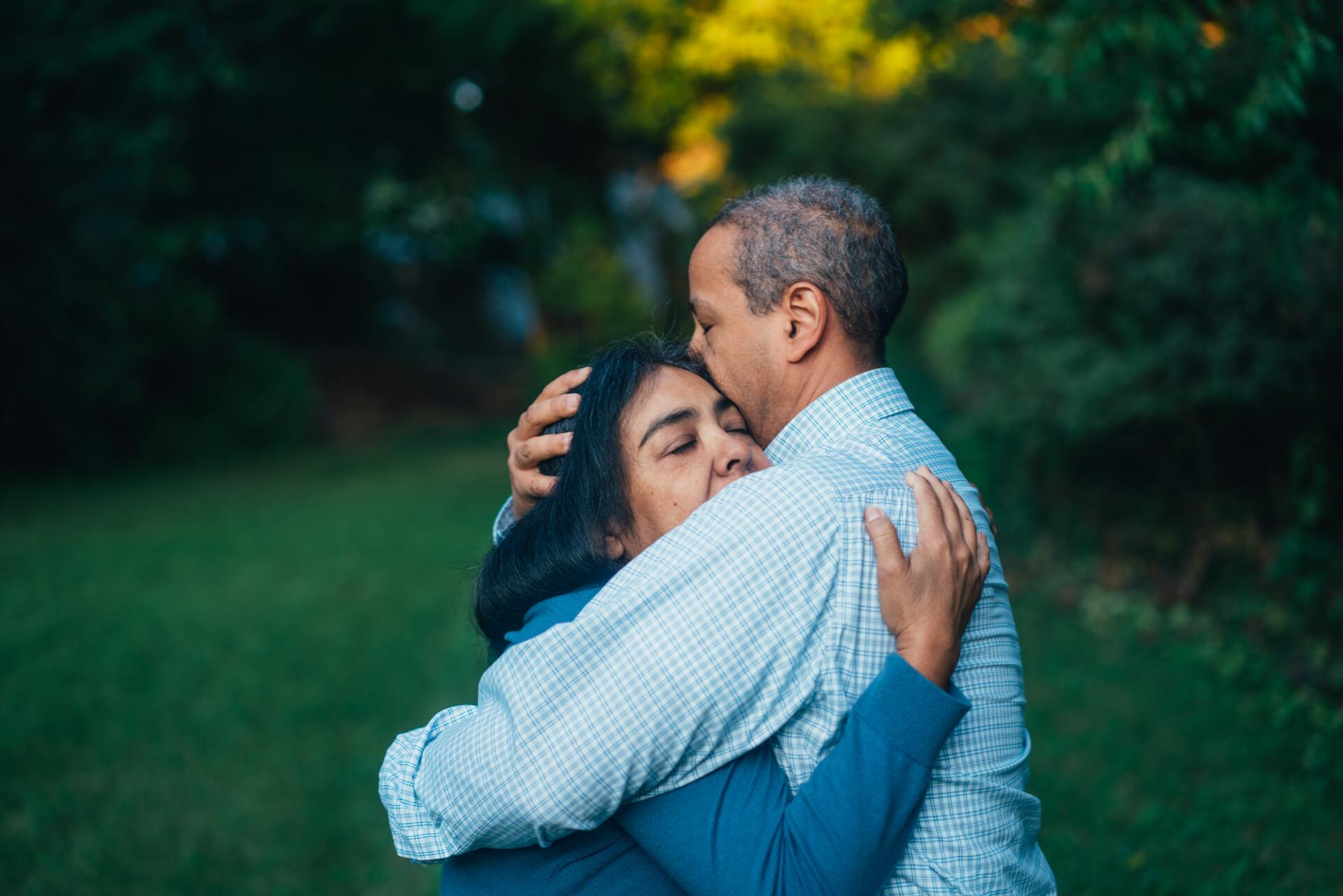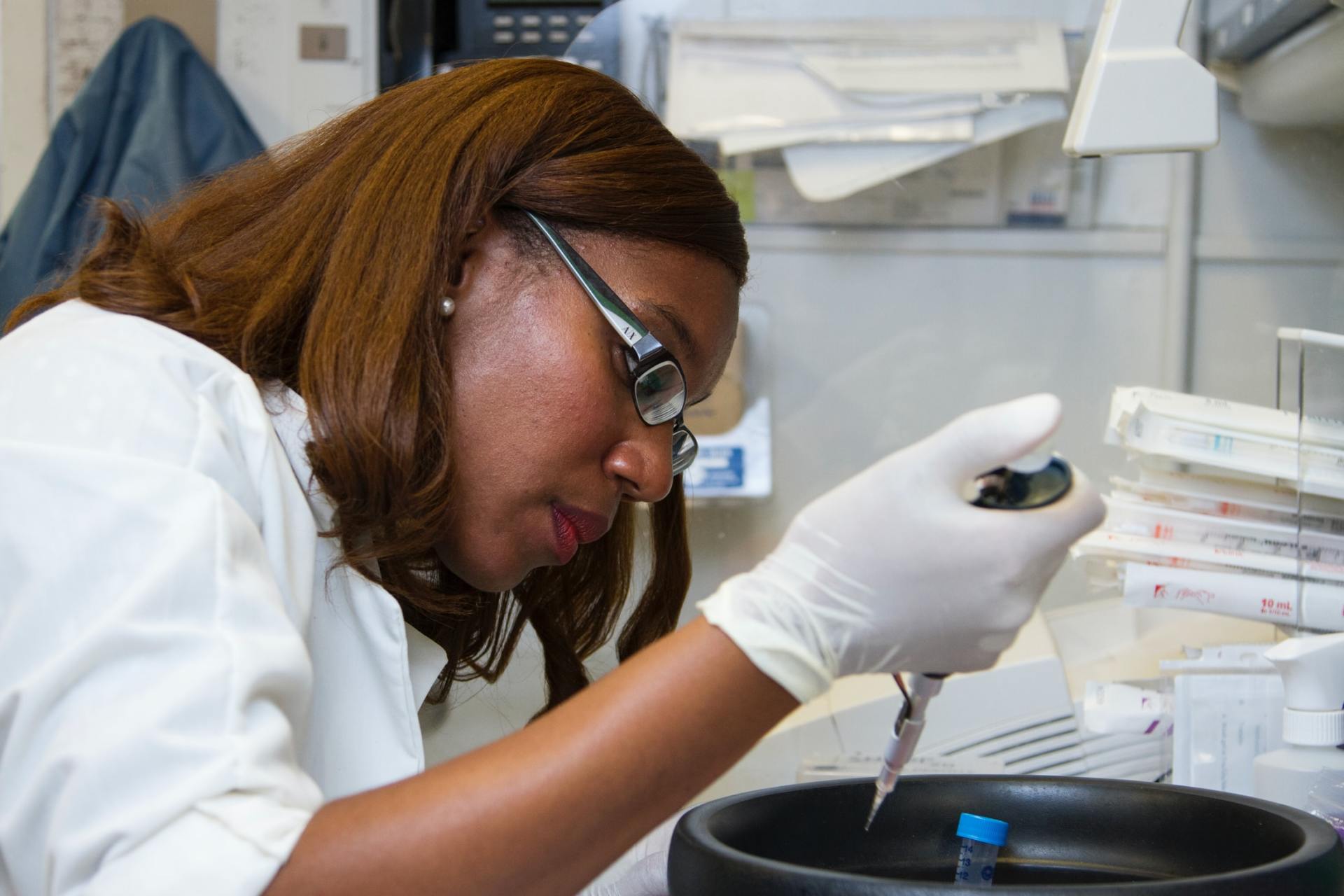Can Meditation and Mindfulness Make Your Mental Health Worse?
By now, you’ve almost certainly heard of the many mental and physical health benefits of mindfulness and meditation. You may even know about the ways these practices can specifically improve the lives of people who have been affected by cancer! If not, then don’t worry - we’ll be publishing a post that collates the evidence for this second claim very soon. However, there is a small but growing body of research that calls into question the idea that there are no potential downsides to meditating or focusing the mind on the present moment.
Earlier this month, this research benefited from a new contribution. Miguel Farias, Everton Maraldi, Karl Wallenkampf and Giancarlo Lucchetti conducted an extensive literature review which examined every relevant study about meditation and mindfulness. It showed that around 8% of people who engage in meditation experience adverse psychological effects such as increased anxiety and depression as a result of the practice. The article is gaining traction on the internet, and for good reason: it is incredibly important to consider both the benefits and potential disadvantages of any wellbeing-focused activity, so that the people who practice it are fully informed. Here, we take a look beyond the headlines, and examine some of the reasons for the results of this study.
There are several factors that could account for the rates of adverse effects reported in Farias et al’s literature review, such as the type of meditation that the participants engaged in. For instance, one of the largest studies, which accounted for 1462 of the 6703 participants, found that the chances of experiencing unpleasant effects were 65% higher in people who only engaged in deconstructive practices such as Vipassana/insight meditation, compared to those who only engaged in practices like loving kindness meditation.
The setting of the meditation matters too. In the ‘experimental’ studies, where participants were given mindfulness or meditation sessions by trained psychologists, a total of 68 participants out of 2649 experienced adverse psychological effects (3.7%). It is also important to note that none of the three studies included in this research which specifically studied people affected by cancer produced any adverse effects.
The 4054 participants in the observational and case studies were usually asked about their experiences with unguided meditation in uncontrolled environments, such as at home on their own, or at certain intensive retreats (think lengthy silent meditation retreats with little intervention from teachers). 37% of these participants reported adverse effects. The authors note that a lack of guided interaction may account for the increased rates of these experiences in these latter groups.
Katie Sparks supports this when she argues that ‘[Farias et al’s research] doesn’t mean people should stop trying the technique… but instead should opt for guided meditation sessions, led by a teacher or an app with a recorded narration’. Interviewed by New Scientist just after the article was published, the psychologist underlines the physical and psychological benefits of meditation, and expresses her concern that the findings of the study “could stop people participating in something which can be of benefit in the right context”.
However, Farias and his team go on to note that the use of apps may contribute to the numbers of people experiencing adverse effects. When considered alongside the rest of the research, this makes perfect sense! Apps typically do not give users the ability to report or discuss unpleasant or unexpected psychological events in the way that face-to-face meditation does, nor do they usually offer pre-session information about the possibility of such issues. However, in the NatiaCares App we pride ourselves by contextualising our meditations with an "Arrival and Setting the Scene" introduction and a "Discussion" session with a clinical psychologist.
That’s why we have also decided to build a reporting feature into the next version of our app, which will be available in a few months. When the update is rolled out, our users will be able to rate each completed session and note any thoughts or feelings they experience as a result of the meditation. These responses will be sent back to us, and we will endeavour to address any of these experiences in the appropriate way. Most of our meditation sessions are mediated by trained psychologists too, so our users can have absolute peace of mind that their wellbeing is being looked after.
However, it is important to remember that, as the American Buddhist teacher, Shinzen Young puts it:
“It is certainly the case that almost everyone who gets anywhere with meditation will pass through periods of negative emotion, confusion, disorientation, and heightened sensitivity… for some duration of time, things may get worse before they get better…. This phenomenon, within the Buddhist tradition, is sometimes referred to as “falling into the Pit of the Void.” It entails an authentic and irreversible insight into Emptiness and No Self. … In a sense, it’s Enlightenment’s Evil Twin…In some cases it takes months or even years to fully metabolize, but in my experience the results are almost always highly positive.”.
Meditation is, like many other things in life, a journey. It should always be embarked upon with the understanding that it may bring about some unpleasant experiences, but that these events can provide an opportunity for greater emotional and spiritual development with the right guidance. At NatiaCares, we strive to provide our users with as much help as possible in their holistic practices, so that they may reap each intervention’s benefits whilst developing and accessing the tools to deal with any negative thoughts or emotions that may arise from it.
If you have any feedback on how we could do this better, please feel free to email us at info@natiacares.com, or download our app now for free from the Apple App Store and contact us via our social media channels - we’re on both Facebook and Instagram. We are always looking for ways that we can help improve the physical, psychological and spiritual wellbeing of those affected by cancer.
-Bec




